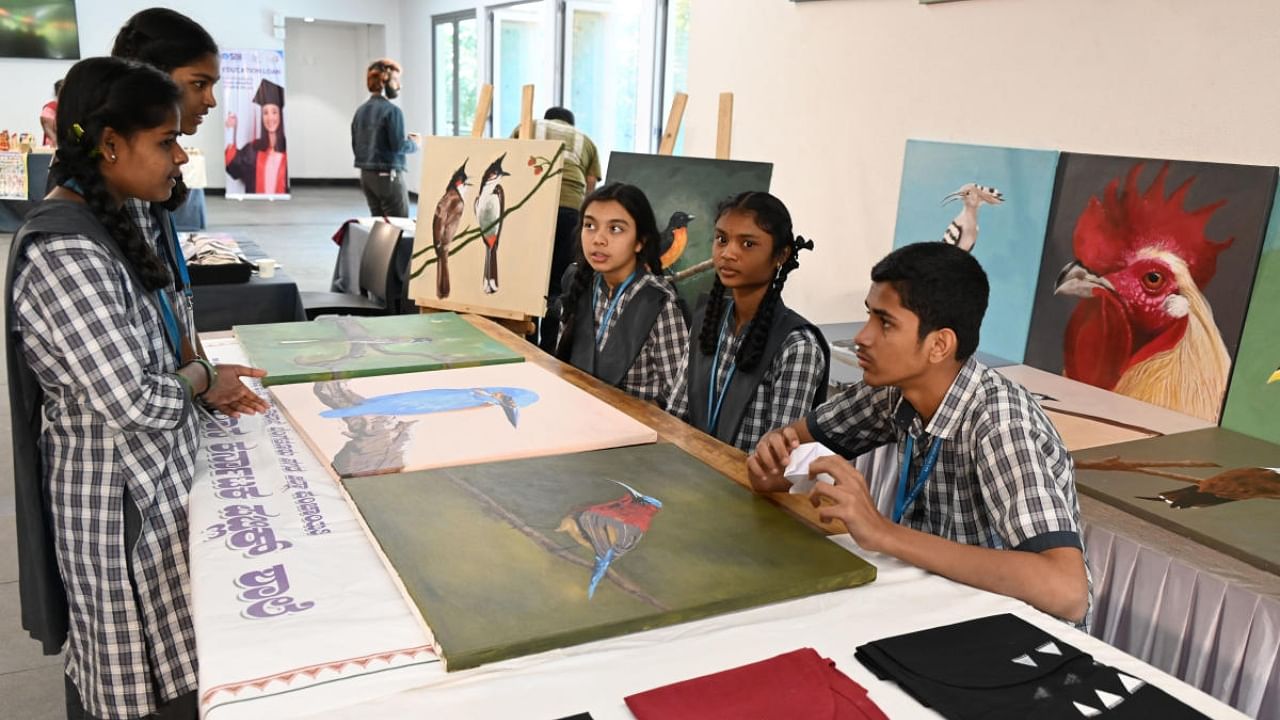
Shruthi Ramakrishnan, a senior legal researcher at Enfold India, said on Saturday that as of 2021, the case pendency in connection with the POCSO Act is 92.6 per cent, despite the Act’s mandate of completing these trials within one year of registration.
Speaking at a discussion on the ‘Role of Judiciary in Ensuring a Child-friendly Implementation of the POCSO Act’ organised as part of the Bangalore International Centre (BIC) Hub’ba, she said speedy trials make a crucial difference in the outcome and the participative experience of child victims and their families.
Shruthi said the victims and their families should be made aware of the court system. “Ideally, we would like the prosecutor to meet the victim and families to give this orientation. But unfortunately, we are finding that many times, the child victim meets the prosecutor for the first time in court on the day of evidence,” she said.
While the POCSO Act put a system of assigning support persons to victims, she noted that they are not always assigned even if their presence would help victims’ families prepare for the case and access timely information. She added that in cases where they are assigned, are considered interlopers and turned away. “We feel that there is a bigger need for courts, court staff, and judges to be cognizant of the need for an emotional support person accompanying the child,” Shruthi said.
Shruthi highlighted the infrastructural developments that have occurred over the past few years for POCSO trials, including waiting rooms for families and depositional rooms with video conferencing systems and support persons in place. Still, these are usually found in metro cities and are mostly non-functional. “While infrastructure helps, I think court staff and judges’ attitudes also could be the tipping point in ensuring a child-friendly trial,” she added.
Enfold India has been working towards addressing and preventing child sexual abuse across multiple platforms.